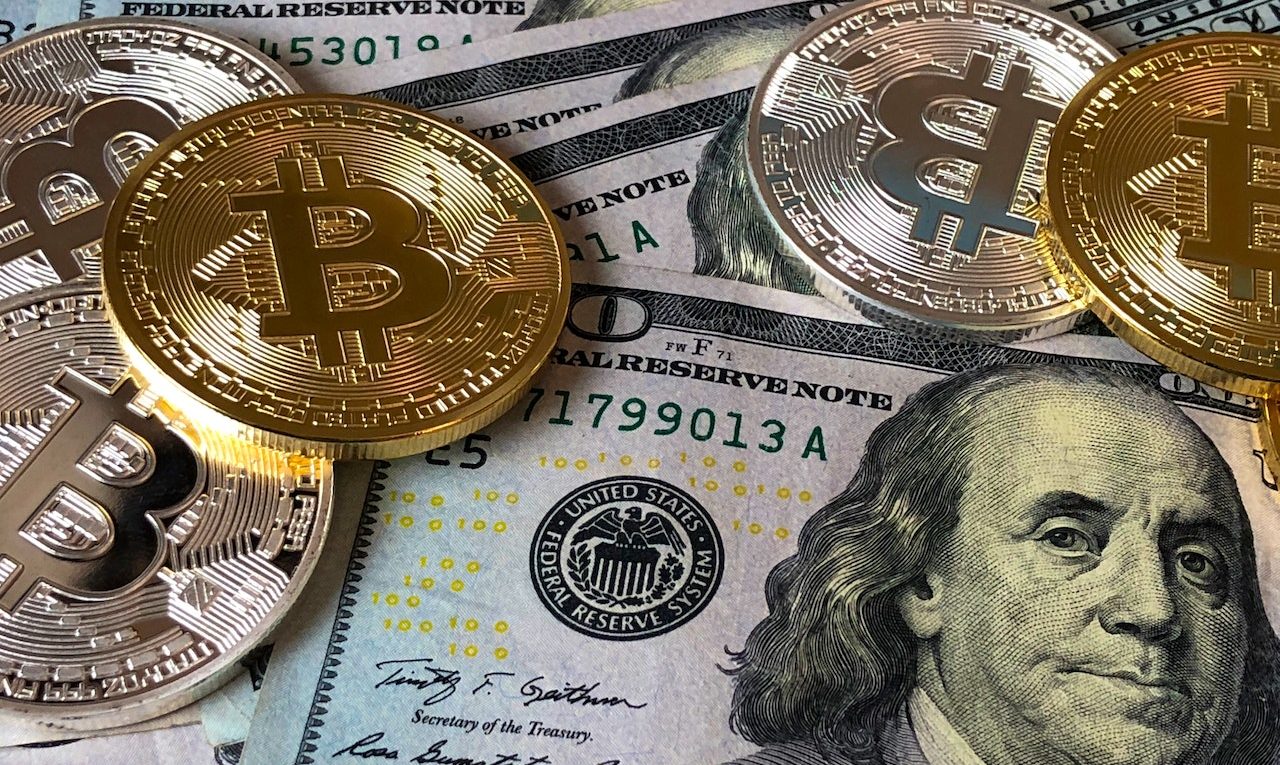Eco Thursdays – NFTs, Crypto and the trees
Since the start of 2022, WHS have been enjoying the delights of the fornightly Eco Thursday email. Writer-in-chief Sasha gives us her take on a wide range of issues in a typically hilarious way. These missives bring our community so much joy that we felt we couldn’t continue to keep them to ourselves, so over the next few weeks we will not only share the most recent editions, but also some of the highlights from the back catalogue.
Here’s this week’s edition:
—-
This fine Thursday we are going to be discussing something that I don’t think many of us really understand (including me) or, frankly, see the point of – NFTs, the Cloud, and Crypto.
Now, as per every article I perused with a blank expression on my face during research, we will begin with a “what is an NFT” section and a bonus “what is cryptocurrency and why is virtual monopoly money worth $3 TRILLION smackaroonies in the modern digital age”, before looking into the (real) environmental price we pay for the (abstract) money.
So, what is an NFT in my very uneducated understanding? They are unique “tokens” (art, games, essays) that are traded with cryptocurrencies like Ethereum. It is as if you could buy the original Mona Lisa painting for way too much money and have your name pasted on a virtual transaction log (the blockchain) as its current glorious owner. Except, nobody would stop others from selling posters or screenshots of the painting – but at least you can simmer in the self-satisfaction of really owning it.
Then, onto the Crypto itself. You may have heard the sci-fi-esque term bLocKchAin thrown around, and, in the simplest of terms it appears to be (notice the confidence in the information I’m providing) a digital log of every transaction made with that specific cryptocurrency. It differs from, say, a bank, in that it is not centralised, and is rather controlled by authorised users (the miners), who, in verifying and maintaining the blockchain, get rewarded with more digital coins.
Goodness.
At this point you may be screaming at your Outlook, asking “Sasha why do I need to know this I’m literally in school I’m not mining Bitcoin” to which I say: honey, I wish I could get the time spent understanding this silly little system back, however the bigger picture is that this silly little system is causing quite a bit of silly BIG deforestation.
The mining requires giant computer rooms with the newest processors (if you thought you could cash in on the hype, I’m afraid you probably don’t own a supercomputer in your bedroom) and, with the competitive element of this mining, many computers will be running at the same time, causing giant surges of energy. A single Bitcoin transaction is estimated to require as much energy as powering the average US household for 50 days. Now, energy is expensive, which means that the people paying for it are not likely to be going renewable. Currently, one of the biggest Bitcoin hubs is in Kazakhstan, who get most of their energy from natural gas, oil and coal, the (physical) mining of which is spreading further and further because we are running a tad short.
Here are more resources that dig deeper into the different aspects of the problem:
Articles:
- NFTs Environmental Impact about the carbon footprint of NFTs and their more energy-conscious alternatives.
- The Climate Controversy Swirling Around NFTs about why it’s difficult to track the emissions, and how some artists are trying to offset their footprints.
- Does Cloud Computing Help or Harm the Environment? about the pros and cons of using the Cloud, as opposed to storing data on personal devices, and how companies are reducing energy requirements for their server warehouses.
All in all, I hope this has provided a wonderfully uplifting insight that even the things you thought were not damaging the environment, probably are! But fear not, for the only way is up – we will find ways to hold companies accountable and we will remain critical of whether we really need to be selling the first ever Tweet for $2.9 million.
Bestest,


